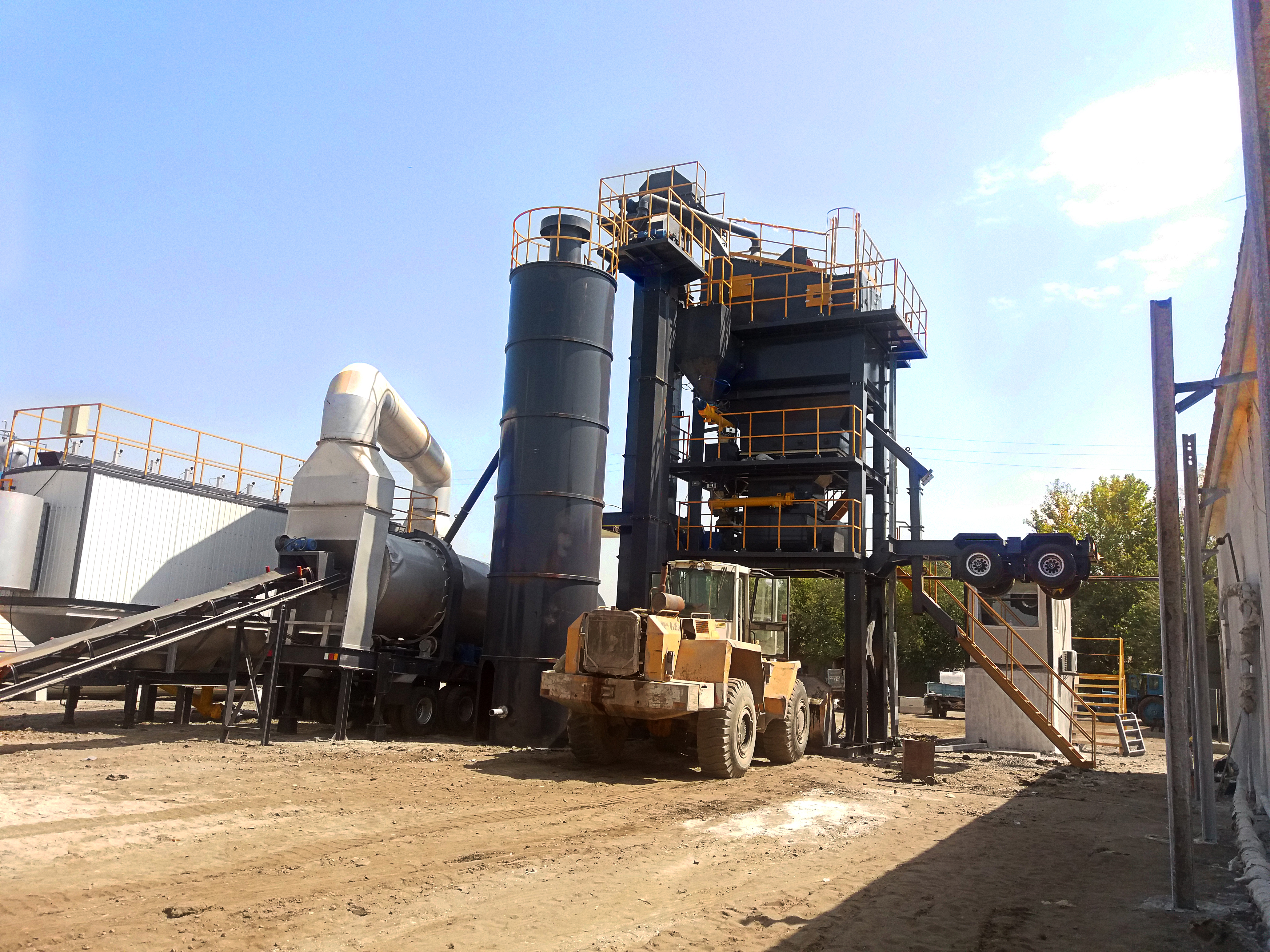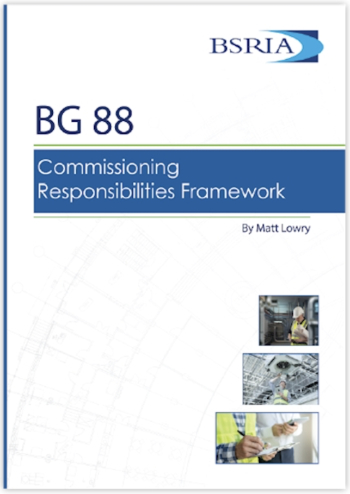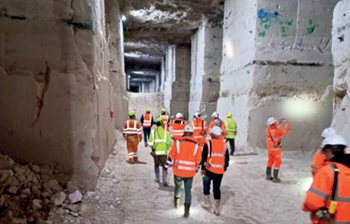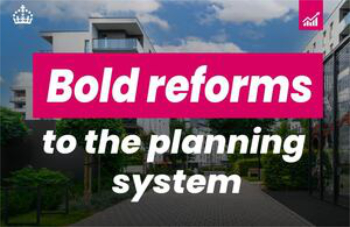Asphalt mixing plant types and considerations
Are you considering investing in an asphalt mixing plant? Making the right choice is crucial, as these plants are significant investments that can greatly impact your road and bridge construction projects. Selecting the wrong plant can lead to costly mistakes, so thorough research is essential. In this article, we'll explore the key factors to consider when choosing an asphalt mixing plant to ensure you get the best value for your investment.
Contents |
[edit] Understanding Asphalt Mixing Plant Types
[edit] 1. Continuous vs. Batch Mixing Plants
Asphalt mixing plants can be broadly classified into two categories: continuous mixing plants and batch mixing plants. Each type has its unique advantages and is suited for different operational needs.
- Continuous Mixing Plants: These plants are ideal for producing large quantities of hot mix asphalt with minimal interruptions. If your projects require consistent specifications and high production rates, a continuous drum mix plant makes financial sense. This type of plant operates continuously, providing a steady flow of asphalt without frequent adjustments.
- Batch Mixing Plants: In contrast, batch plants are perfect for situations where specifications need to change frequently. These plants produce asphalt in discrete batches, allowing for flexibility in mix designs. If your projects involve diverse asphalt mixes or require quick changes between batches, a batch mixing plant will serve you better.
[edit] 2. Assessing Production Needs
When deciding on the type of plant, evaluate your production needs based on the scale of your projects. Consider factors such as the volume of asphalt required, the types of mixes you'll be producing, and how often you'll need to switch between different specifications.
[edit] Researching Manufacturers
[edit] 1. Evaluating Manufacturer Reputation
Once you've determined the type of asphalt mixing plant you need, the next step is to research potential manufacturers. The market is filled with various brands, each offering different models and features. To ensure you make a wise investment, consider the following:
- Local vs. Foreign Brands: Investigate both local reputable brands and established foreign suppliers. Local manufacturers may provide quicker service and parts availability, while foreign brands may offer advanced technology and features.
- Customer Reviews and Testimonials: Look for reviews from other customers who have experience with the manufacturers you're considering. Online searches, industry forums, and social media groups can provide valuable insights into the performance and reliability of different brands.
[edit] 2. Seeking Community Insights
Engage with communities related to asphalt mixing plants and road construction. Experienced users in these groups can offer first hand knowledge about various brands, their performance, and the quality of customer support they received. This peer feedback can help guide your decision-making process.
[edit] Pricing Considerations
[edit] 1. Total Cost of Ownership
While it’s tempting to select an asphalt mixing plant based solely on its initial price, doing so can be a costly mistake. Many first-time buyers focus on acquiring the lowest-priced model without considering the total cost of ownership over the plant's lifespan. Factors to consider include:
- Quality of Materials: Lower-priced plants may use subpar materials, leading to frequent breakdowns and increased maintenance costs. Always assess the quality of the components used in the plant's construction.
- Operational Efficiency: Invest in a continuous plant that offers operational efficiency and long-term reliability. A slightly higher initial investment can save you money in repairs and downtime in the long run.
[edit] 2. Long-Term Value
Before making a final decision, analyze the long-term value of the plant. Consider how well it meets your production needs, the durability of its components, and its adaptability to future projects. A higher-quality plant may provide better performance and a longer lifespan, ultimately proving to be a more economical choice.
[edit] Conclusion
Choosing the right asphalt mixing plant is a critical decision for businesses involved in road and bridge construction. By understanding the types of plants available, researching manufacturers, and evaluating pricing based on total cost of ownership, you can make a well-informed choice that aligns with your operational needs. Remember, investing time in thorough research will ensure you select a plant that offers both value and reliability, setting your business up for success in future projects.
[edit] Related articles on Designing Buildings
- Binder course.
- Bituminous mixing and laying plant.
- Construction plant.
- Groundwater control in urban areas.
- Highway drainage.
- Infrastructure.
- Kerbs.
- Mastic Asphalt Council.
- Mastic asphalt flooring.
- Mobile asphalt stations.
- Overview of the road development process.
- Pavegen.
- Pavement.
- Resilient flooring.
- Road construction.
- Road joints.
- Road plant.
- Runway construction.
- Types of road and street.
Featured articles and news
Commissioning Responsibilities Framework BG 88/2025
BSRIA guidance on establishing clear roles and responsibilities for commissioning tasks.
An architectural movement to love or hate.
Don’t take British stone for granted
It won’t survive on supplying the heritage sector alone.
The remarkable story of a Highland architect.
The Constructing Excellence Value Toolkit
Driving value-based decision making in construction.
Meet CIOB event in Northern Ireland
Inspiring the next generation of construction talent.
Reasons for using MVHR systems
6 reasons for a whole-house approach to ventilation.
Supplementary Planning Documents, a reminder
As used by the City of London to introduce a Retrofit first policy.
The what, how, why and when of deposit return schemes
Circular economy steps for plastic bottles and cans in England and Northern Ireland draws.
Join forces and share Building Safety knowledge in 2025
Why and how to contribute to the Building Safety Wiki.
Reporting on Payment Practices and Performance Regs
Approved amendment coming into effect 1 March 2025.
A new CIOB TIS on discharging CDM 2015 duties
Practical steps that can be undertaken in the Management of Contractors to discharge the relevant CDM 2015 duties.
Planning for homes by transport hubs
Next steps for infrastructure following the updated NPPF.
Access, history and Ty unnos.
The world’s first publicly funded civic park.
Exploring permitted development rights for change of use
Discussing lesser known classes M, N, P, PA and L.
CIOB Art of Building photo contest 2024 winners
Fresco School by Roman Robroek and Once Upon a Pass by Liam Man.


























